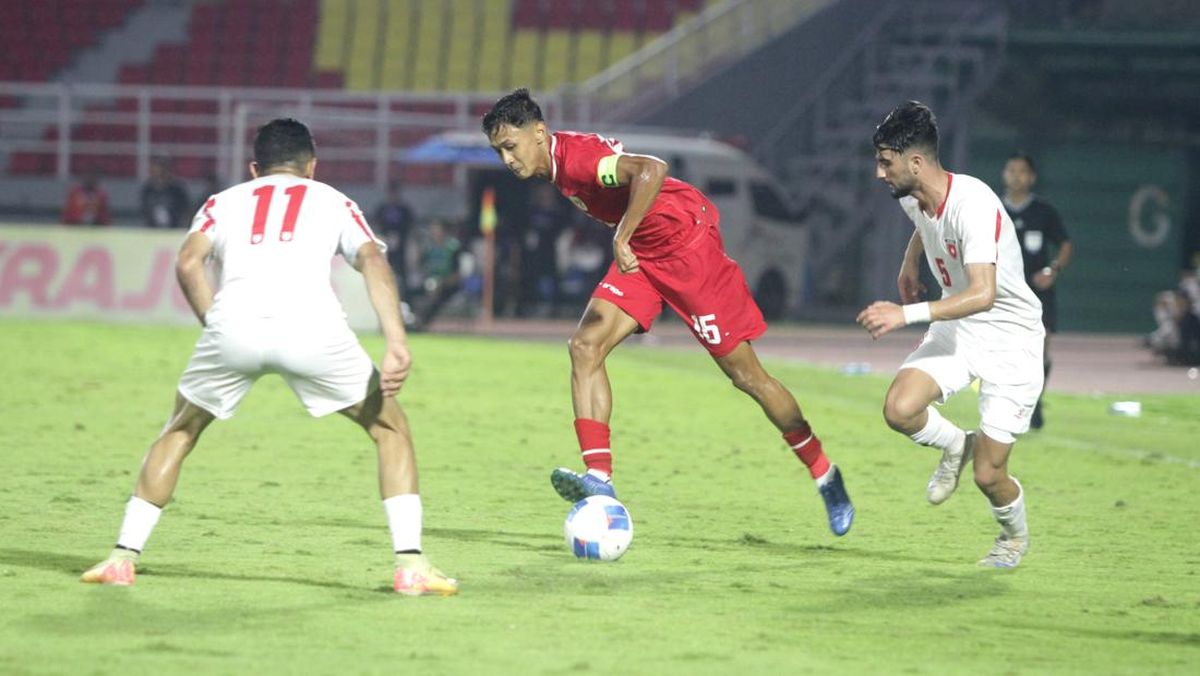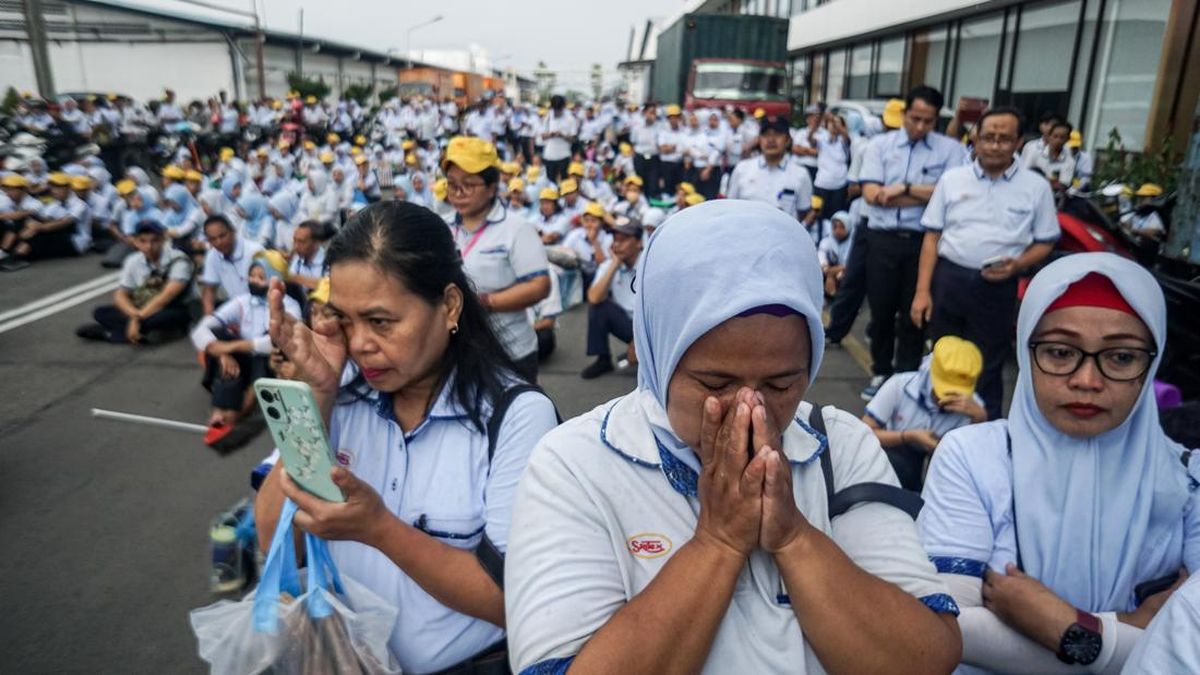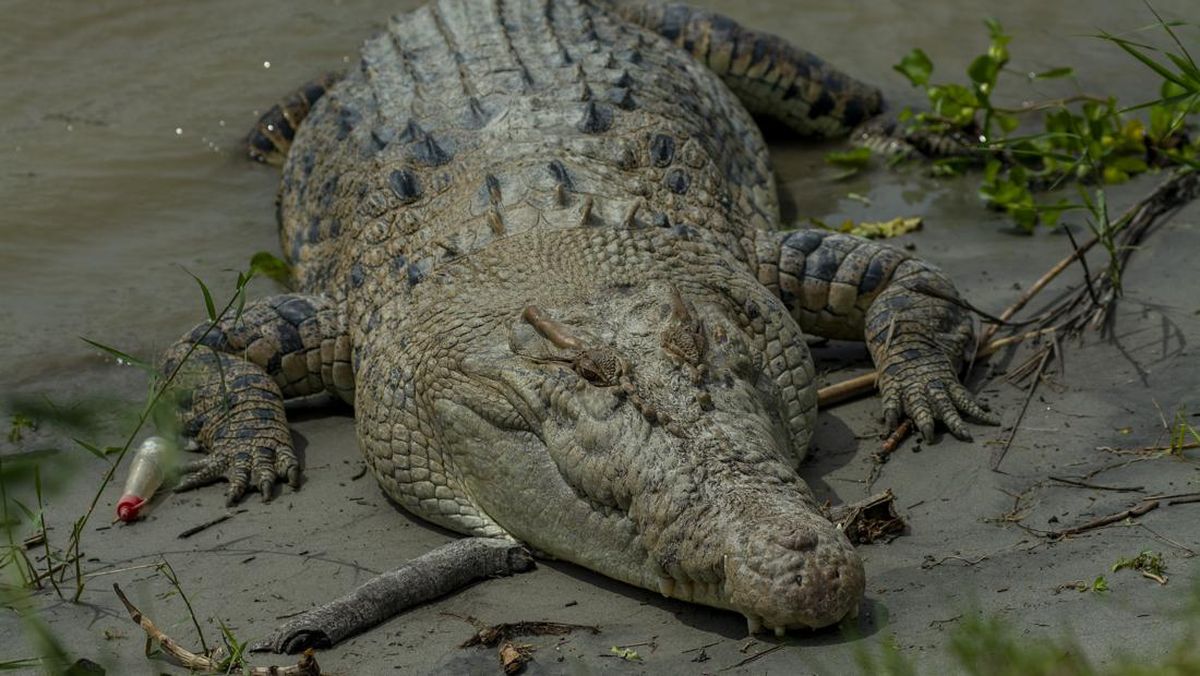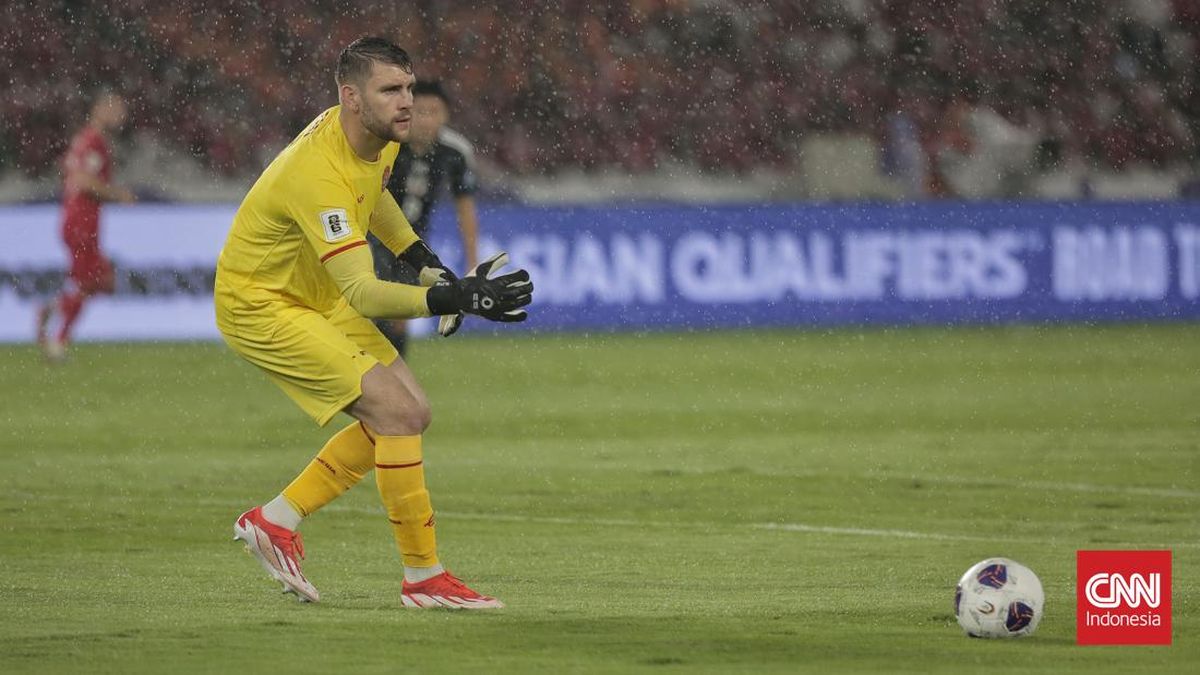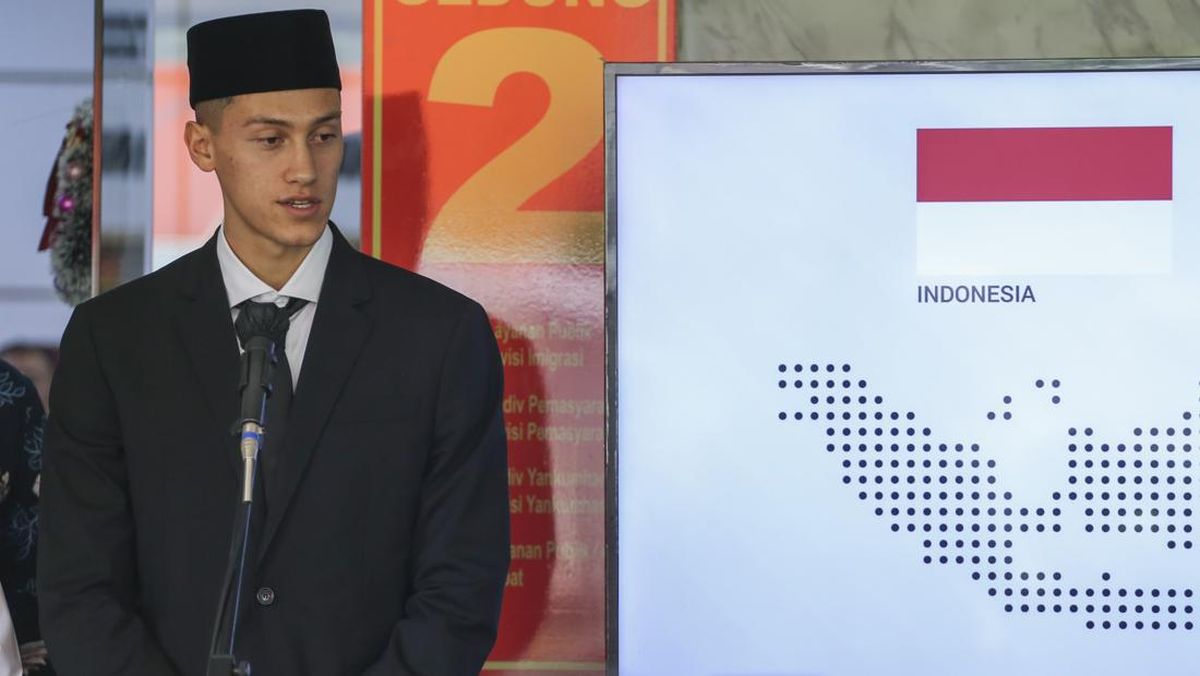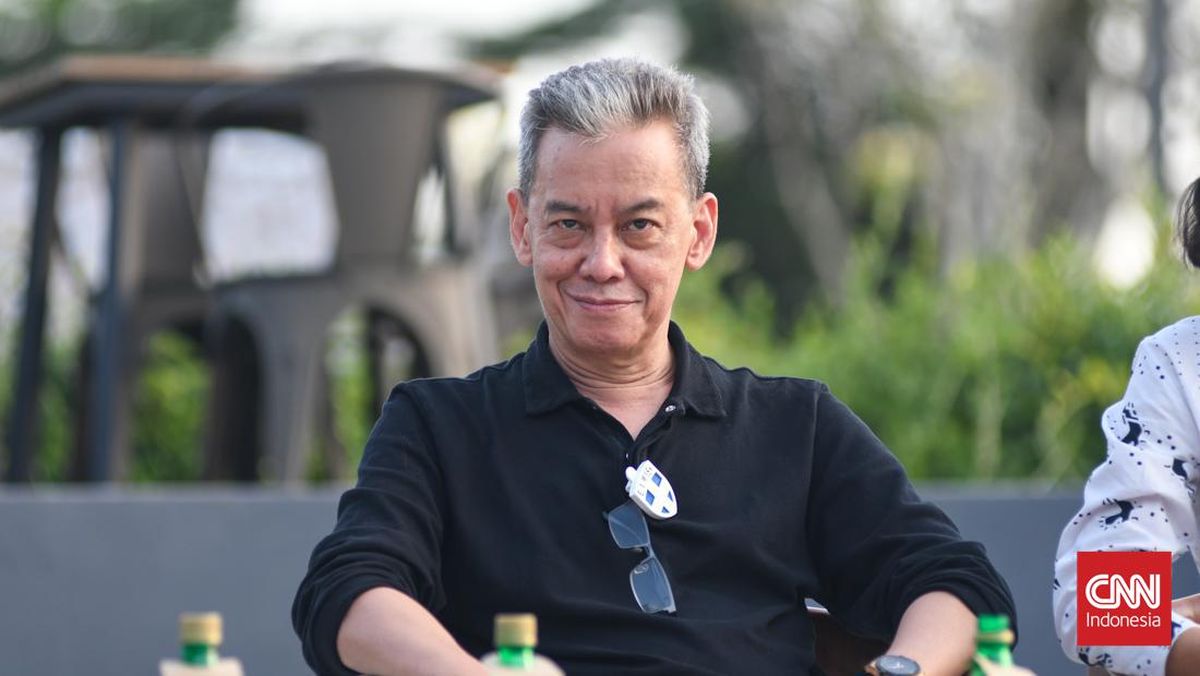Doha, Qatar – Inside India’s Parliament, they are sworn rivals, with the opposition raising questions and attacking the government over its policies, and the ruling Bharatiya Janata Party (BJP) of Prime Minister Narendra Modi defending itself, while the two sides rarely meet.
Over the past few days, however, they have. Their shared concern: national security allegedly threatened by neighbouring Pakistan.
A team of Indian Parliament members, including many opposition legislators, visited Qatar over the past four days as part of a broader diplomatic outreach by New Delhi to try to shape global opinion in the aftermath of the most intense military confrontation between the South Asian neighbours since 1999.
New Delhi blames Islamabad for the killing of 26 people — most of them tourists — in Indian-administered Kashmir’s resort town of Pahalgam on April 22, which led to days of exchange of missiles and drone explosives between the two nuclear powers, before they agreed to a ceasefire.
Pakistan has rejected India’s allegations.
“India has been hurt by an unprecedented attack on India’s soul, the attack that happened in Pahalgam, which has shaken every Indian,” said Supriya Sule, a parliamentarian from the opposition Nationalist Congress Party, who led the team of Indian MPs visiting Doha.
 An Indian security personnel stands guard outside a hotel in Srinagar, following a suspected rebel attack near Indian-administered Kashmir’s scenic Pahalgam, April 23, 2025 [File: Sanna Irshad Mattoo/ Reuters]
An Indian security personnel stands guard outside a hotel in Srinagar, following a suspected rebel attack near Indian-administered Kashmir’s scenic Pahalgam, April 23, 2025 [File: Sanna Irshad Mattoo/ Reuters]‘Preventive diplomacy’
Her team is one of seven dispatched by the Modi government to more than 30 countries on an “outreach programme” to “sensitive” other governments on Pakistan’s alleged support to “terror groups” accused of carrying out several deadly attacks in Kashmir and other parts of India for decades. The delegations consist of MPs and retired diplomats.
Sule’s team landed in the Qatari capital on Saturday night and held discussions with the Gulf state’s officials for two days before heading to South Africa on Tuesday. The MPs will also visit Ethiopia and Egypt.
Addressing reporters during a news conference held by the Indian delegation in a seaside hotel in Doha on Monday, Sule said their aim is to “create a global opinion” against Pakistan. She insisted there was “enough evidence” linking Pakistan to the Pahalgam killings, in which the attackers picked out men and then identified them by religion before shooting them dead.
The Pahalgam attack, the deadliest on tourists in the disputed Kashmir region in decades, was claimed by The Resistance Front (TRF), a relatively unknown group that Indian agencies say acts as a front for Lashkar-e-Taiba (LeT), a Pakistan-based armed group.
India accuses Pakistan of using groups like the LeT to support an armed secessionist movement in Indian-administered Kashmir. Multiple governments, including the United States and India, also accuse the LeT and other Pakistan-based armed groups of carrying out attacks in Indian cities, far from Kashmir.
“We do not differentiate between a terrorist state and a terrorist,” Rajiv Pratap Rudy, BJP MP and former federal minister, said during the news conference, stressing that the delegation is “preventive diplomacy” that seeks to unite the world against “terror”.
Pakistan says it provides only diplomatic and moral support to the Kashmiri separatist movement. And though it accepts that the 2008 Mumbai attacks, in which more than 160 people were killed, might have been planned from Pakistan, it insists that the country’s government and military had no role.
India and Pakistan both control parts of Kashmir, while China also administers two slivers of the region. India claims all of Kashmir, while Pakistan claims the part controlled by India, but not the territory held by China, its ally.
Manish Tewari, a parliamentarian from the opposition Congress party and former federal minister, told Al Jazeera the objective of the Indian delegations is to tell the world that Pakistan “continues to be the epicentre of global terrorism”.
“India does not make a distinction between the semi-state actors and the state which spawns that. Over the past four and a half decades, there is documented evidence provided to the international community – and to Pakistan – that terror emanates from their soil,” he said.
 Activists of the opposition Congress party hold Indian national flags in support of the Indian army amid tensions with Pakistan, in Guwahati, India, May 9, 2025 [Anupam Nath/AP]
Activists of the opposition Congress party hold Indian national flags in support of the Indian army amid tensions with Pakistan, in Guwahati, India, May 9, 2025 [Anupam Nath/AP]‘No two voices’
In the days after the ceasefire, some critics of the Modi government — including a senior Congress leader whose comments were carried in an Indian news outlet last week — have questioned New Delhi’s diplomacy over the crisis. Though India insists that the truce was reached bilaterally, US President Donald Trump has repeatedly insisted that he and his administration brokered the ceasefire.
India, as a matter of policy, has long argued that its disputes with Pakistan are purely bilateral and that there is no space for third-party intervention. India has also long tried to build its relations with the world, independent of India-Pakistan tensions. Critics have argued that Trump’s comments and the recent crisis have undermined both of those Indian positions.
But asked about criticism from the Congress leader that all-party delegations were being flown across the world as a “damage-control exercise” after India got “hyphenated” with Pakistan, risking the internationalisation of the Kashmir issue, Tewari replied: “Absolutely not.”
“Each party has its own ideology, perspective and views. At the same time, there has been no two voices on the condemnation [of what happened in Pahalgam and subsequent Indian action],” Anand Sharma, another Congress MP and former federal minister, told Al Jazeera.
“We are in complete solidarity with the decisions the government has made,” he added.
Asked about the visit to Doha, Sule said the Qatari government stands with India in its “zero tolerance to terrorism”.
“The response of Qatari officials to our submissions has been very encouraging,” added Rudy.
Syed Akbaruddin, a former diplomat who was once India’s permanent representative to the United Nations, is also a member of the Indian delegation. When Al Jazeera asked him whether their plan to attack Pakistan on global platforms risks making Kashmir a multilateral issue, he said, “Disputes are normal between countries.”
“What we object to is this use of subterranean methods of terror to try and push an agenda which you’re not able to do through conventional methods, and that is a problem,” he added.
“What we see terrorism doing is not merely killing people, killing people is one part of it, but it is aimed at undermining our social harmony, it aims to stop our economic momentum, and it is focused on undermining our democratic ethos.”
Anurag Thakur, a BJP parliamentarian and former federal minister, also said Kashmir remains a bilateral issue between the two South Asian neighbours.
“Kashmir is between India and Pakistan. We are very clear on that,” he told Al Jazeera.

 1 day ago
8
1 day ago
8

































